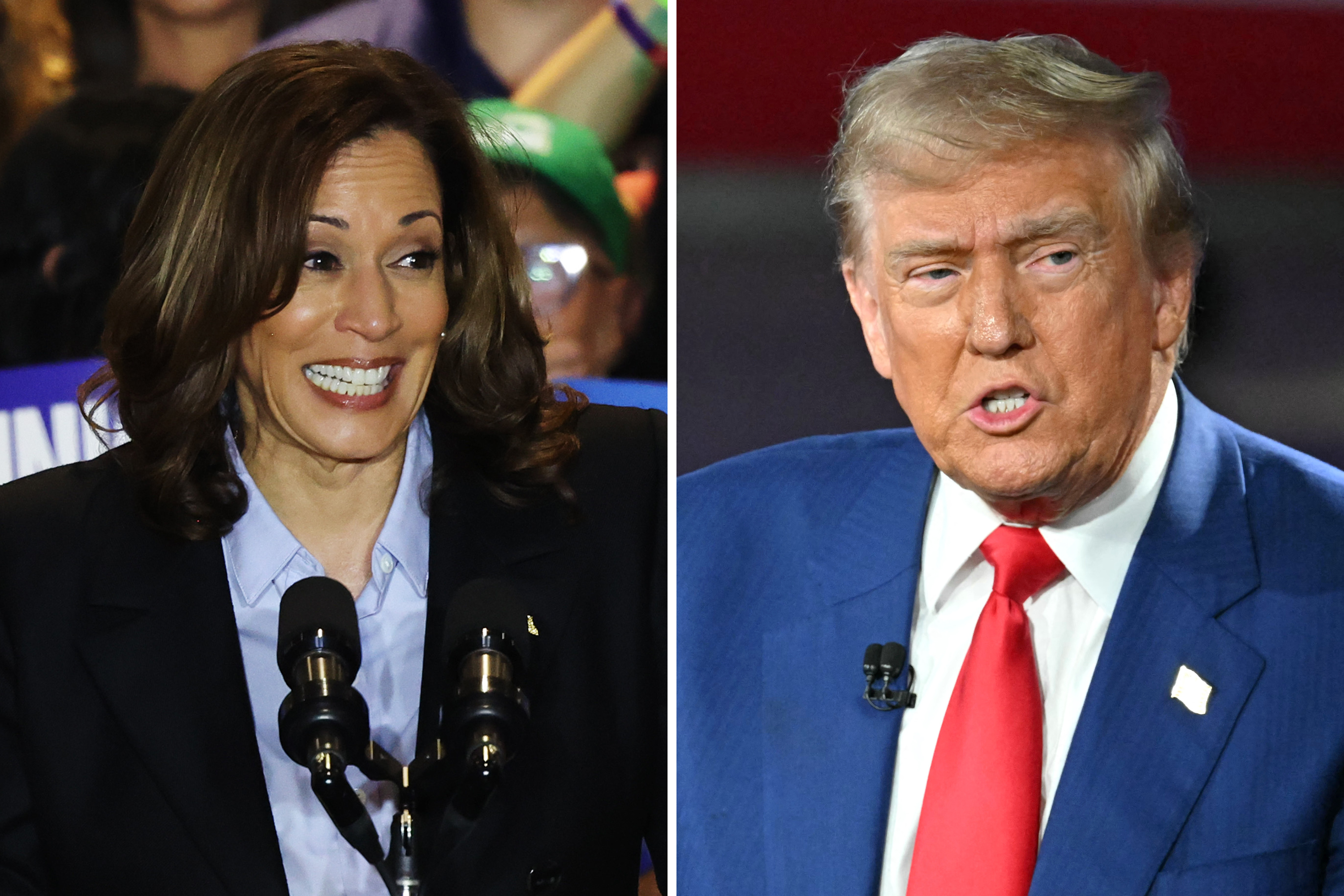Child care costs are becoming an increasing concern for many American families struggling with inflation and rising living expenses. So, how are presidential candidates addressing this issue for voters?
During a recent appearance at the Economic Club of New York, former President Donald Trump discussed his approach to tackling child care expenses. When prompted by Reshma Saujani, the founder of Girls Who Code, about prioritizing affordable child care legislation if reelected, Trump highlighted his proposal to tax imports as a potential solution. He stated, “Child care is something you have to have in this country,” acknowledging its importance.

Trump expressed confidence that his tax policies could significantly alleviate rising costs, including child care. His remarks coincided with Ohio Senator JD Vance’s discussions on family support systems, suggesting that the presence of family members like grandparents could ease the financial burden of day care.
On the Democratic side, Vice President Kamala Harris has laid out more detailed strategies for reducing child care costs. She has been vocal about her initiatives for national paid family leave, universal preschool, and investing billions to assist families. Additionally, she plans to increase the child tax credit from $2,000 to $3,600 per child, providing up to $6,000 for families with newborns.
Tim Walz, the Democratic gubernatorial candidate from Minnesota, has also prioritized family expenses, supporting one of the country’s largest child tax credits at $1,750 per child. Last year, he passed legislation offering partial wage replacement for 20 weeks of family leave.
Within the Republican camp, Trump and Vance have proposed increasing the child tax credit, with Vance suggesting potential relief of up to $5,000 per child. Currently, federal guidelines limit the credit to families earning under certain thresholds.
However, a recent bill to expand child tax credit levels to pre-pandemic standards—where eligible families would receive $3,600 per child—was blocked in the Senate. Vance’s absence during the vote raised eyebrows, prompting criticism from Democrats like Senator Ron Wyden, who questioned Vance’s commitment to working families.
